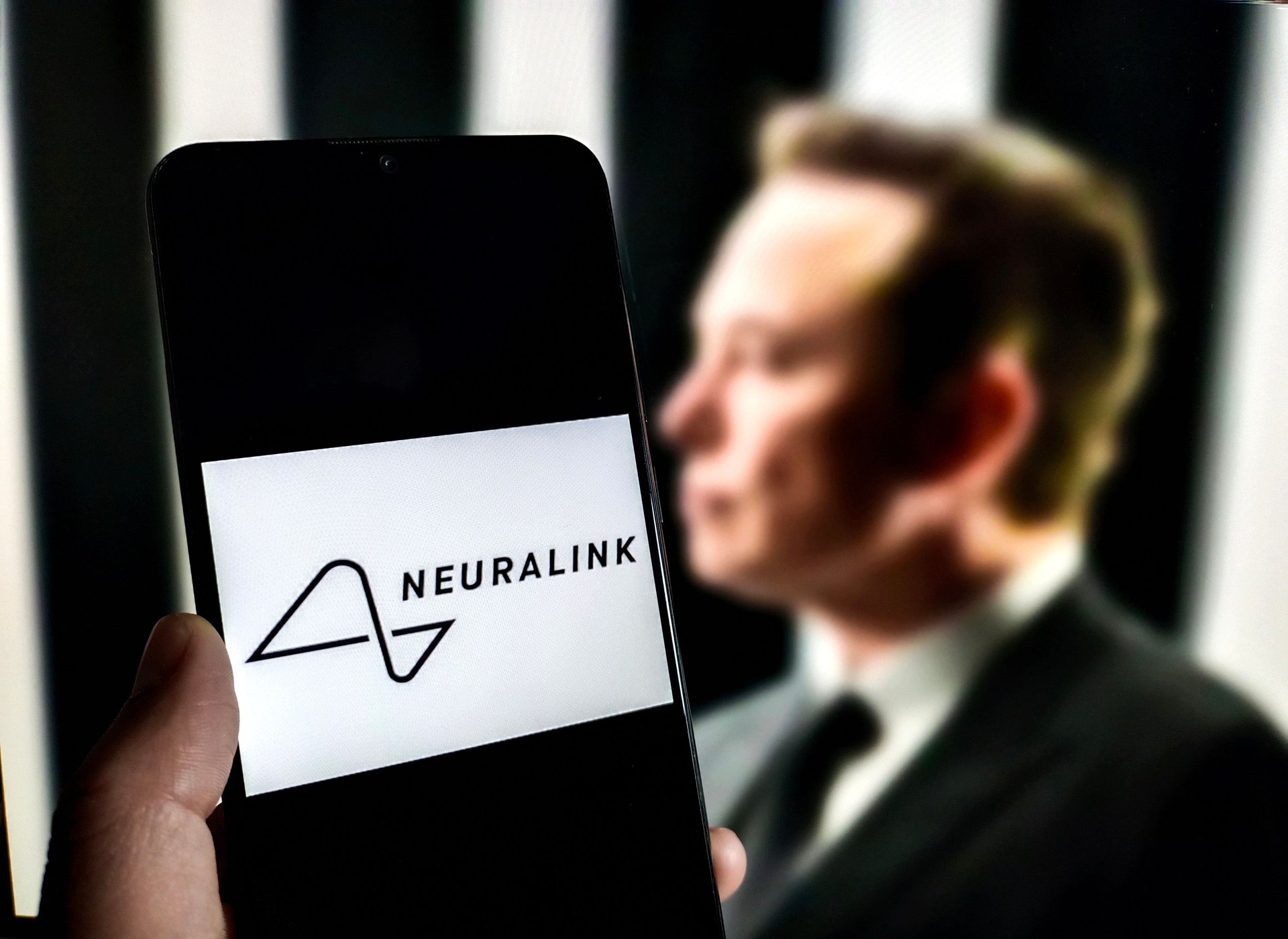Elon Musk's Neuralink called itself a 'small disadvantaged business.' Then it was worth $9 billion
Musk’s brain-chip startup used a label that could help it unlock federal perks, raising questions about optics and ownership

CFOTO/Future Publishing via Getty Images
In late April, Elon Musk’s brain-implant company, Neuralink, filed government paperwork claiming it was a “small disadvantaged business.” Weeks later, the company closed a $650 million funding round at a $9 billion valuation.
Suggested Reading
By Small Business Administration (SBA) standards, “economically disadvantaged” status is intended to help companies that are at least 51% owned by socially and economically disadvantaged individuals with a net worth under $850,000 (excluding a primary residence). The designation was designed to help level the playing field for founders who have historically faced barriers to capital.
Related Content
Yet Neuralink — whose public face and majority owner is Musk, the world’s richest person — checked the box anyway.
But the company listed Jared Birchall, a company executive who is also the head of Musk’s family office and a longtime lieutenant, as the official contact. In theory, if someone other than Musk is the actual majority owner of Neuralink, the SDB designation might hold up to scrutiny. But filings and investor decks consistently identify Musk as the company’s driving force and controlling figure. There’s also no evidence that Birchall meets the financial or social thresholds for the designation, either.
An SDB designation could give Neuralink a leg up in bidding for federal contracts, perks that could come in handy as the company builds out brain-computer interfaces with national security implications. To this point, there’s no public record of Neuralink winning any contracts.
Neuralink’s technology — an implantable device that translates brain activity into computer commands — is already in early human trials and is currently working to help patients with paralysis. But Musk has hinted at more ambitious applications, including military use cases, cognitive enhancement, and eventually, full brain-machine symbiosis. If any of those projects intersect with federal research or defense priorities, the SDB status could offer Neuralink a head start.
In recent months, the company has implanted brain chips in five human patients, with participants using the device to control computers, play video games, and edit videos. In May, Neuralink’s speech-restoration implant received FDA “Breakthrough Device” status, fast-tracking its path to approval. A separate vision-restoration device earned the same designation late last year.
Meanwhile, Neuralink’s filing, first flagged by watchdog site MuskWatch, seems to underscore a common theme in Musk’s career: disdain for government intervention — until there’s something to gain from it. Whether it’s EV credits for Tesla, rocket contracts for SpaceX, or tax breaks for Boring Company tunnels, Musk has repeatedly positioned himself as an anti-regulation entrepreneur while benefiting from public-sector support.
The SBA allows companies to self-certify their status, meaning there’s minimal scrutiny unless someone files a formal challenge. It’s a system built on good faith. And right now, Neuralink’s filing remains active in the government’s public database, uncorrected and unchallenged. Misrepresentation in SBA filings can carry steep penalties, including civil fines and criminal liability, but enforcement is rare. And the company is now worth $9 billion.
Neuralink’s filing landed on the SBA’s desk while Musk was still leading the Trump administration’s Department of Government Efficiency (DOGE) — an agency Musk helped create and run, with a mission to cut spending and jobs. During his time at DOGE, Musk helped eliminate funding for DEI-related grants at the Department of Education and has disparaged government equity programs. Meanwhile, his own company was quietly applying to benefit from one. Not long after Neuralink checked the SDB designation, the brain-interface startup locked in a fresh round of funding from some of the most elite names in venture capital, such as Founders Fund, Sequoia, and ARK Invest.
